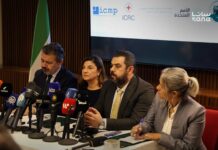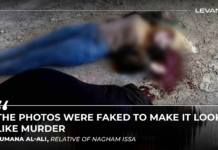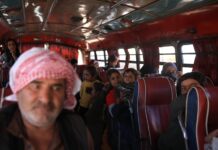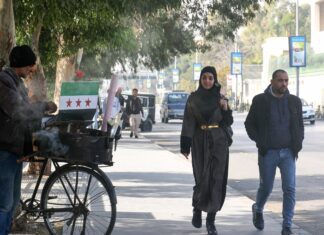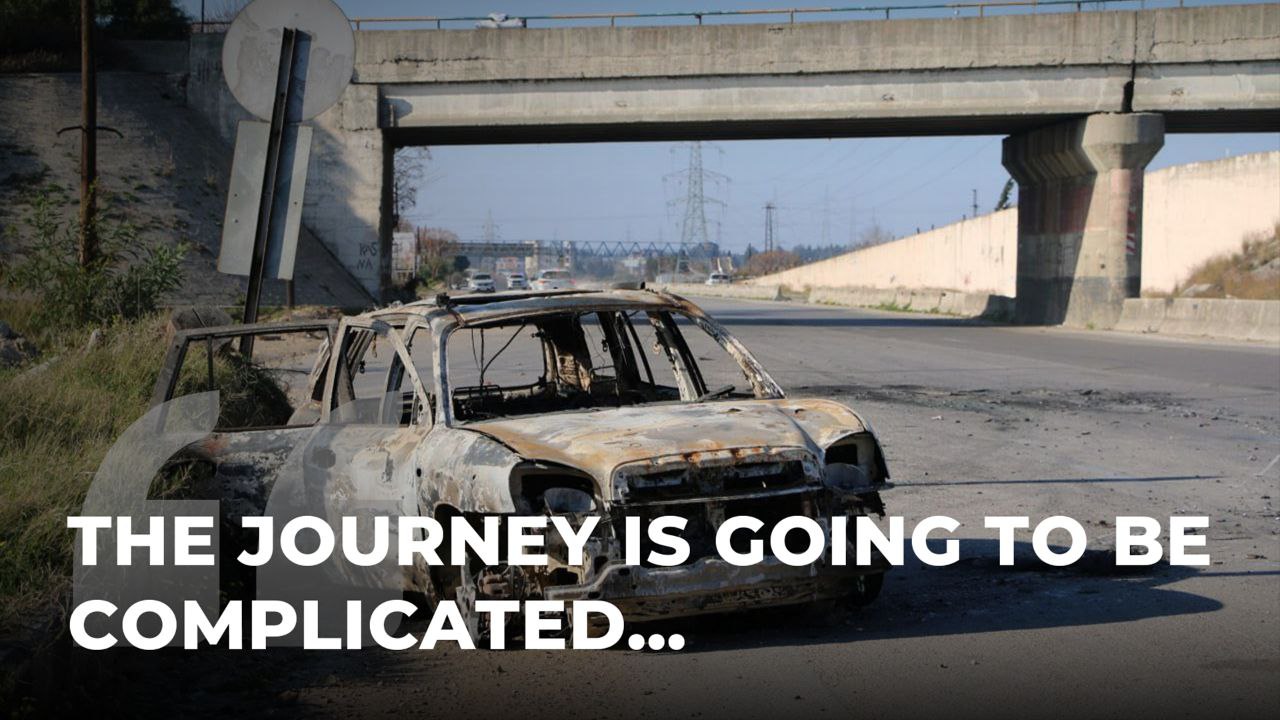
Bodies lay in the streets for days, denied the dignity of burial rites. Survivors, mostly women and children, huddled in damaged homes as armed men looted what was left. In March, this stretch of Syria’s Mediterranean coast saw its deadliest wave of violence since the fall of Bashar Assad’s regime —atrocities the UN now says may amount to war crimes.
Yet in an unprecedented development, the UN Commission of Inquiry has concluded there was no evidence the new Syrian government ordered or condoned the killings. Instead, the 66-page report, released Aug. 14, praised Syria’s unprecedented cooperation with international investigators, noting “unfettered access” to affected areas in Latakia and Tartus, mass grave sites, and government officials.
“This is a historic turning point,” said Ibrahim Olabi, a legal adviser to Syria’s Foreign Ministry, in an interview with Levant 24. “Never in Syria’s recent history has the Assad regime ever allowed or even acknowledged the commission of inquiry. Here, the new Syria … allowed it unfettered access to meet victims and survivors, to visit burial sites, to speak to officials. That has never happened before.”
Matching Findings Strengthen Credibility
The UN’s conclusions closely mirror those of the Independent National Inquiry, formed by President Ahmad al-Sharaa within days of the March massacres. That body, comprised of judges, lawyers, and civil society representatives, identified nearly 300 suspects from interim government-aligned factions and 265 linked to pro-Assad remnants. Many have been referred to the attorney general and detained.
Olabi said the matching results reinforce the credibility of Syria’s own investigative mechanisms. “Many organizations tried to discredit the national inquiry,” he said. “But its findings mirror those reached by the UN. That shows we are building stronger institutions after years of the Assad regime dismantling them.”

Sectarian Killings Amid Post-War Chaos
The UN report describes the violence as beginning with a March 6 arrest operation by interim forces, which triggered retaliation by pro-Assad fighters. The escalation left some 1,400 dead, including about 100 women, elderly people, children, and disabled.
Witnesses recounted men being separated from women and children after being identified as Alawites, then executed. Bodies were left in public or buried in mass graves without documentation. Hospitals, already damaged from earlier attacks, were overwhelmed.
While some government forces tried to stop the violence and protect civilians, others—particularly newly integrated fighters from armed factions—carried out killings, torture, and looting. The UN stressed these acts were committed by individuals or small groups, not as part of a state policy.

Disinformation and the Battle for Truth
Both the UN and Syrian officials highlighted the damage caused by early, unverified reports. Shaibani welcomed the Commission’s acknowledgment of “disinformation spread via social media during the March attacks, which significantly hindered our … ability to identify actual crimes.”
Olabi criticized some media coverage for omitting context or rushing conclusions. “Please don’t make our job harder,” he said, addressing outlets like Reuters that implied state involvement. “If our energy is being spent on dismantling disinformation, that distracts from focusing on what really matters —the victims, justice, and truth.”
International Backing for Reforms
The Commission’s top recommendation urges the international community to support Syria in implementing further reforms, particularly in the security sector. With more than 100,000 fighters from various factions, integrating forces under a unified command remains a challenge, Olabi said.
“These processes take longer than the period they have occurred in,” he noted. “We’re eight months into the fall of the regime. It’s a long process … but we are happy that the Commission acknowledges the challenges and is happy to work with us.”
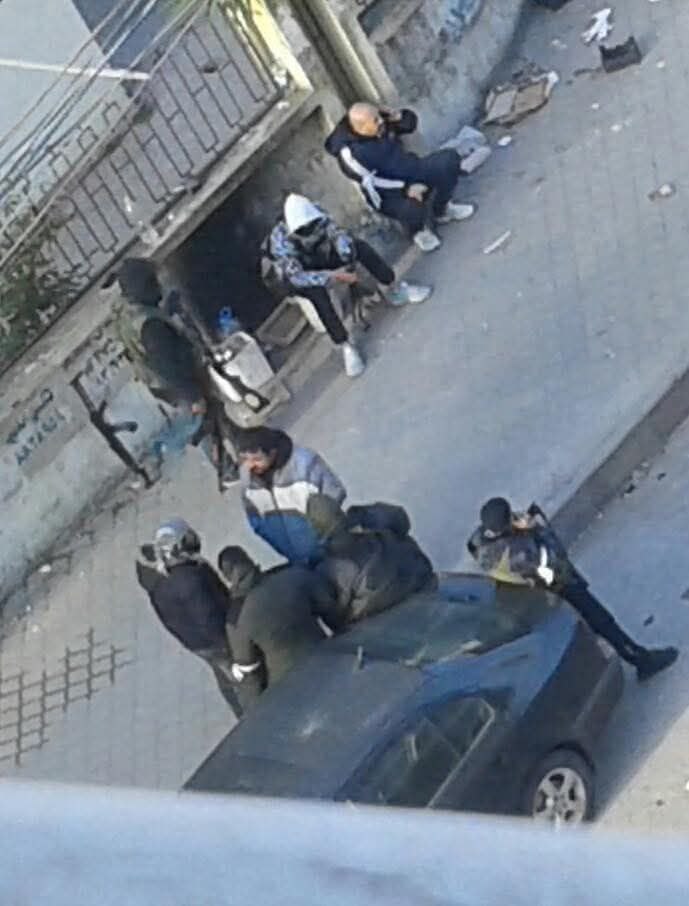
A Test for the New Syria
The UN report, like the National Inquiry before it, warns that accountability must extend to all perpetrators “regardless of affiliation or rank.” It urges the removal of suspected violators from active duty, expanded screening of recruits, and rapid implementation of judicial reforms.
The government has pledged to act. “We reaffirm our commitment to constructive cooperation with your office and with the wider international community,” Shaibani wrote to the UN. “May mercy be upon the martyrs … and strength to all of us in the pursuit of justice.”
For Syria’s transitional leaders, the stakes extend beyond punishing those responsible for March’s massacres. They involve proving—to Syrians and the world—that the state emerging from more than a decade of war can be transparent, accountable, and united.
As Olabi put it, “The journey is going to be complicated … but it’s one we are tackling with pride and effort.”

